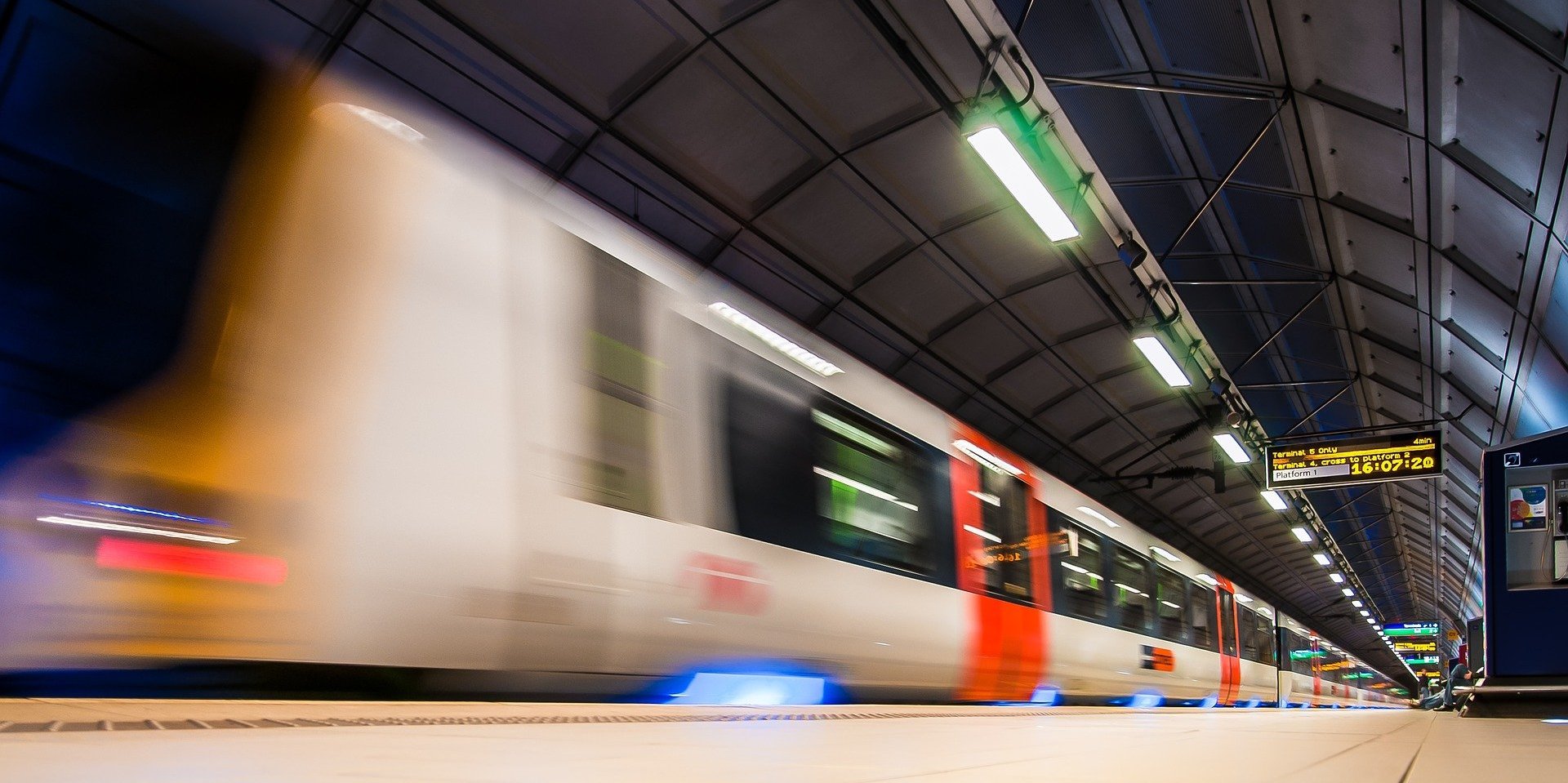All Aboard the Express Train to Danger…?
Posted on 22nd June 2020
Research shows that Legionella poses a significant health & safety risk that rail operators need to take very seriously.
A recent study by SOCOTEC, one of the UK’s other leading providers of water testing and compliance services, Legionella is likely to be found in most water systems linked with railways. These systems may be in depots, train stations, maintenance facilities, or onboard trains themselves. Whilst the Legionella bacteria is often just present at low levels, it still poses a significant health & safety concern that rail operators must consider. Paul Sear, National Technical Manager of SOCOTEC, says “Legionella can potentially thrive in any water system. When SOCOTEC has sampled on behalf of its clients, our Water Hygiene team has found Legionella in many different environments, including trains. One particular area for concern would be Carriage Wash Machines, especially where water is recycled”.
These washing systems are usually installed at railway depots to wash carriages between periods of use, and often rely on recycled water. While this of course helps the operator to reduce their water consumption and impact on the environment, nutrients that allow the bacteria to grow are often left behind despite filtering processes and provide a great opportunity for a Legionella outbreak. Water storage tanks and tanking facilities found at stations, depots, and infrastructure buildings can also pose a heightened risk if they’re not managed and treated correctly. This is especially true at this time of year when static water inside the tanks can more readily heat up and create an ideal environment for Legionella bacteria to thrive.

The risk to rail passengers remains relatively low, but can never be discounted entirely.
The potential for dangerous exposure to both rail workers and the public is very real, especially at the moment. In 2011, tests carried out on 150 trains around the UK found that a third of onboard water systems contained the Legionella bacteria. This is potentially exacerbated by many carriages being temporarily decommissioned lately as many operators have been running reduced services due to the COVID-19 pandemic. As lockdown measures ease this rolling stock will be brought back into service, and it is essential that all water systems are flushed and tested beforehand.
According to the Health Protection Agency (HPA) the presence of Legionella in railway water systems currently presents little risk to people, but when considering the potentially serious health implications of Legionella rail operators have a duty of care to minimise these potential risks to their passengers and employees alike. Rail companies must ensure they perform regular, suitable, and sufficient risk assessments, along with a written scheme of control and appropriate control measures as well as responsible persons appointed to manage the risk of Legionella in their water systems.
As another of the UK’s leading water testing and compliance companies, we are always here to help. If you work in the rail industry and would like assistance or guidance on any or all of the above, then please contact us on 0800 121 8808 or [email protected].
Share this post:


